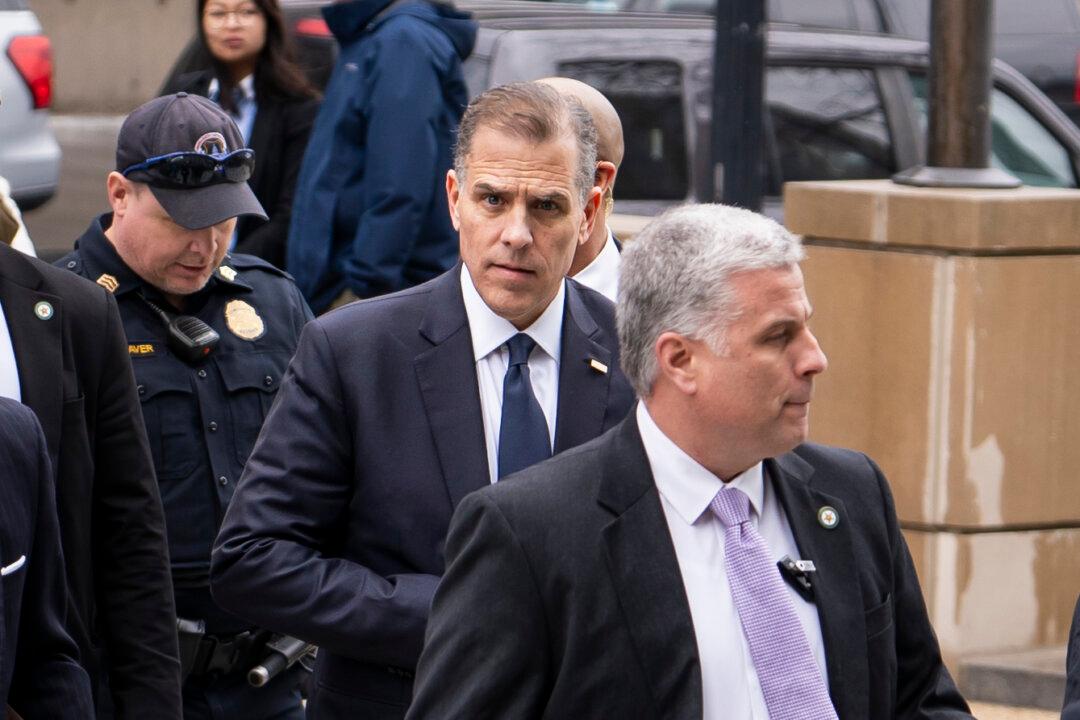U.S. District Court Judge Maryellen Noreika set a tentative trial date for Hunter Biden in Delaware between June 3 and June 10.
During a status conference call, David Hines, representing the government, estimated a trial would last around four days.

U.S. District Court Judge Maryellen Noreika set a tentative trial date for Hunter Biden in Delaware between June 3 and June 10.
During a status conference call, David Hines, representing the government, estimated a trial would last around four days.